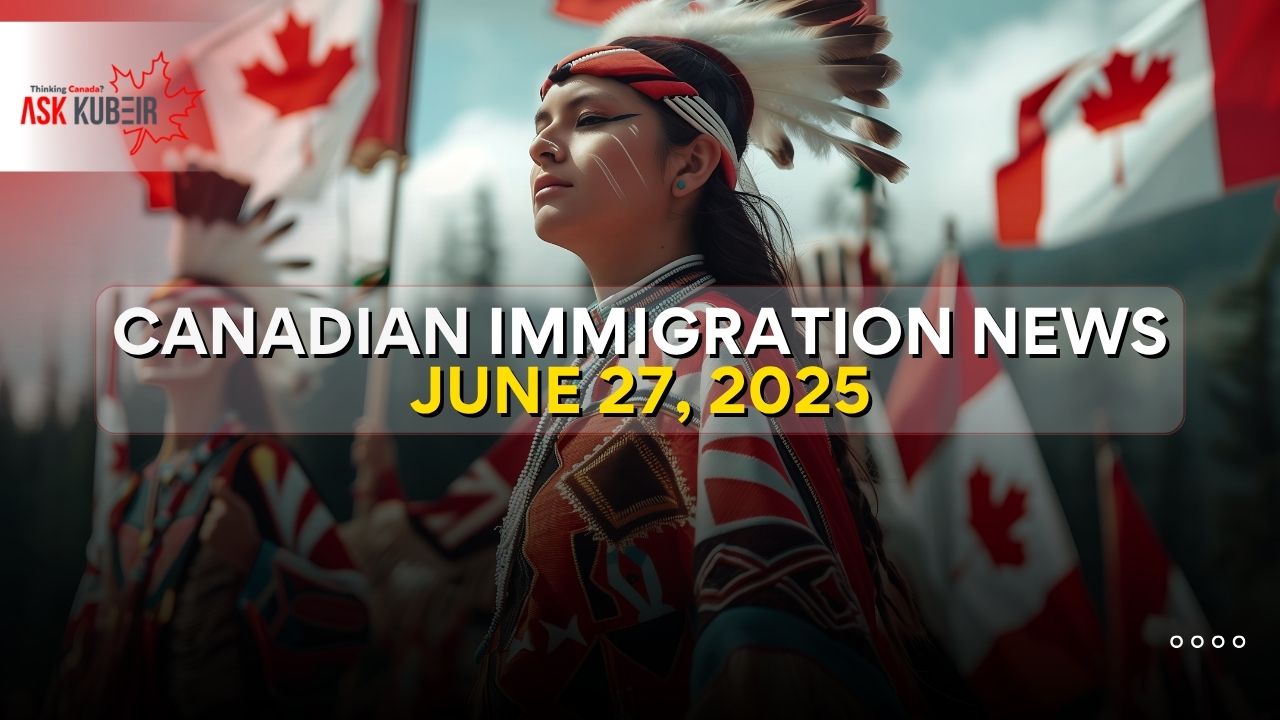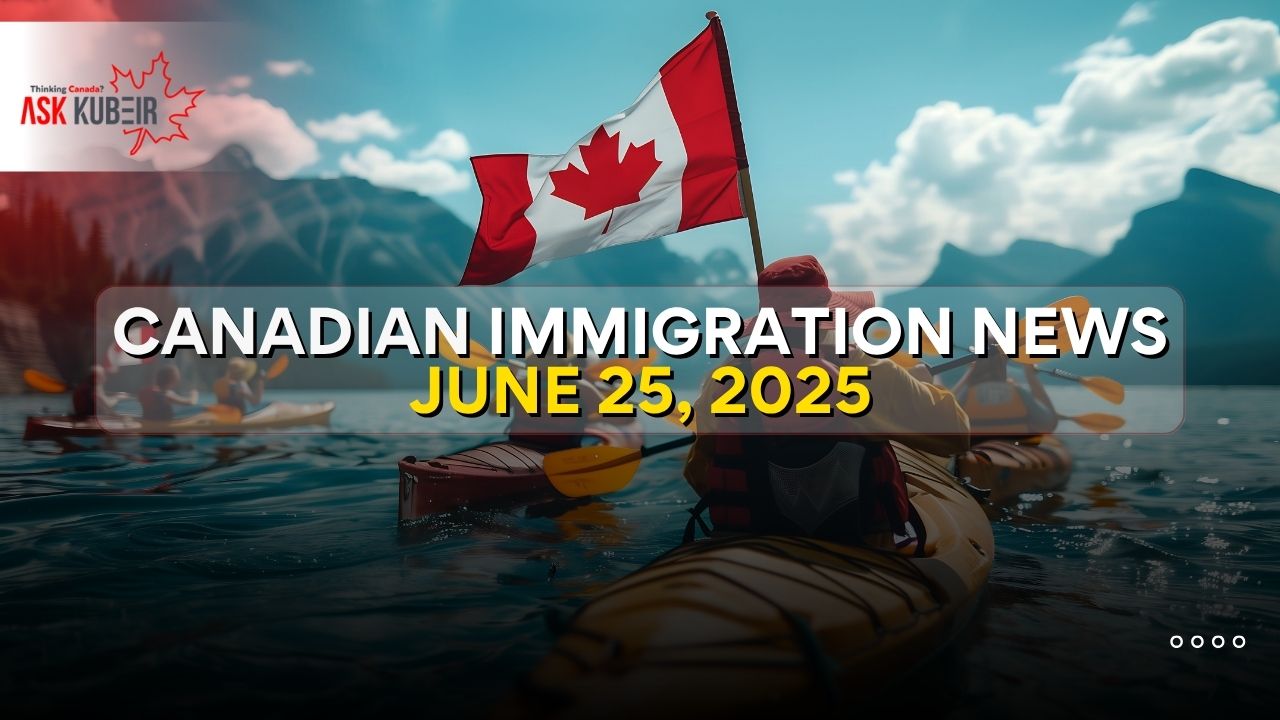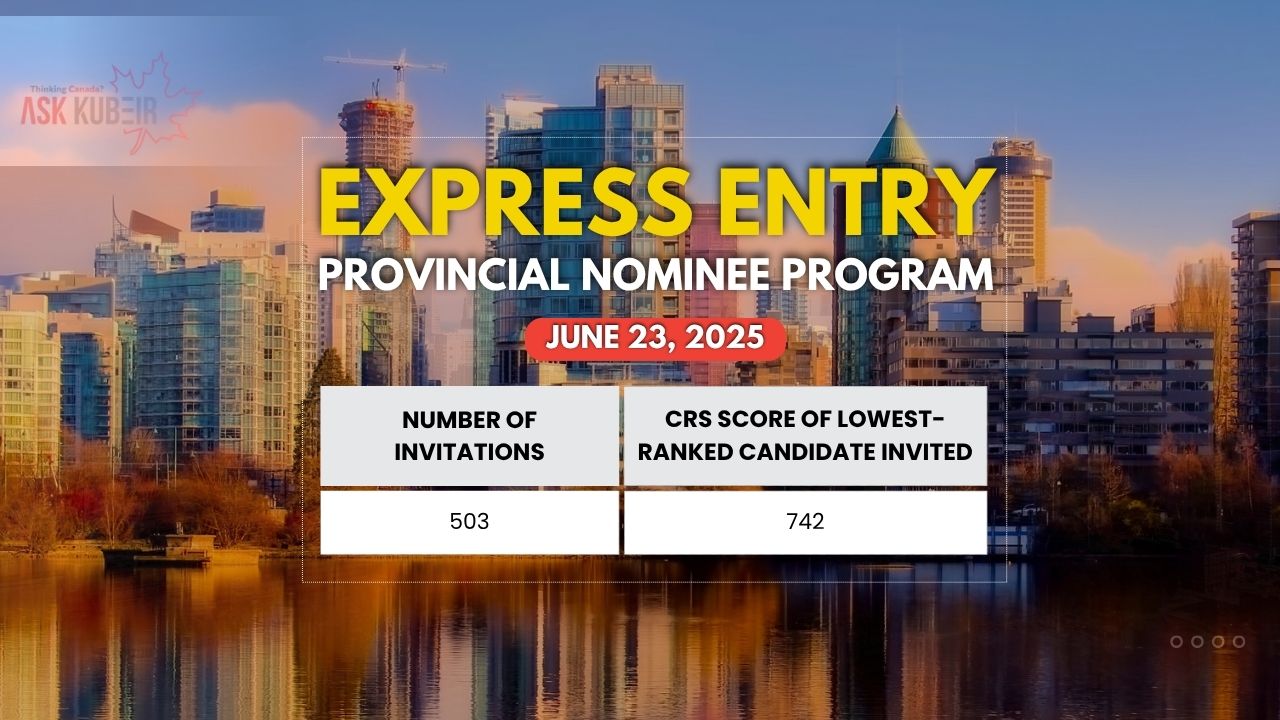
Related Post







Study in Canada: Most Commonly Asked Questions
International education opens you up to a world of opportunities, with some of the finest and accredited universities in Canada. Studying in Canada has become a hot spot for students from around the world with tremendous amounts of benefits and opportunities.
In this article, we will be covering some of the most commonly asked questions in regard to studying in Canada.
- What can I study after graduating from High school & and how many graduate programs do they have in Canada?
Canada follows a two-tier educational system; universities awarding degrees such as Bachelors, Masters and Doctorates; while the other colleges offer vocational and diploma programs.
The main option for a high school graduate would be to pursue your Bachelor’s degree (4 years program).
The main option for a graduate student, that is upon completion of your bachelor’s degree, you can pursue a Master’s Degree (1-2 years program).
Diploma Programs and Graduate Certificates are offered by colleges. Many undermine the importance and value of these programs, but they are valuable and beneficial towards your education and developing skills. They are meant to act as a supplement to your undergraduate degree.
* To qualify for your Ph.D., you will need a Master’s Degree. Though some universities offer a combined program where you can immediately work towards your Ph.D. upon completion of your Masters.
- What are the Admission Requirements for a Canadian University?
To obtain admission into a Canadian University Program you will need:
- Undergraduate Program: You will need to provide your high school transcripts, extracurricular and you will need to provide proof of English Language Proficiency.
- Graduate Program: The minimum requirement is to have a Bachelor’s Degree, which is equivalent to a 4 year Canadian Degree. Most universities require a minimum GPA between 3.0 – 4.0 scale.
* All degrees should be awarded by a recognized tertiary education provider.
However, Indian Bachelors Degrees (3 years) such as B. A & B.com are not usually equated the same as a 4 year Canadian Bachelor’s Degree. In order to qualify for some Masters’s Programs, a postgraduate diploma/master’s degree is usually required.
Though this may trouble a lot of you, you can contact the college/university you are applying to and request them to view your 3 year Bachelor’s degree on a case-case basis. Many universities do consider Indian degrees on a case-case basis when enrolling for a Masters’s Program.
- What are the Language Requirements for Admission into a Canadian University and what are my options?
The language of teaching in Canada is English and by virtue, all non-native English speakers are required to submit proof of English Proficiency in order to be admissible.
The most commonly used and preferred international language test that is also widely accepted is the IELTS Test. IELTS tests your ability to listen, read, write and speak, and assess you on the same while giving you a score out of 9.0. While many universities set their own minimum score, the majority of the minimum required score falls between 6.0 – 6.5 scale.
Other International tests to be considered are the TOEFL, PTE Academic and Duolingo. Duolingo is a new name to this list and is being offered by a few colleges/universities from the convenience of your home and it also offers quick results.
However, Duolingo results will not satisfy the English requirements of Immigration officer who will need to grant you a student permit. So do keep that in mind before opting for a preferred language test.
* Student Direct Stream, is an accelerated visa process facility for students residing in some countries like India, Pakistan, China, Vietnam. IELTS Academic is the preferred Language test with a minimum score of 6 in all factors. To be eligible in this stream, additionally, it is necessary to pay a one-year tuition fee upfront and also provide a Guaranteed Investment Certificate (GIC) of CAD$10,000 to cover your living expenses.
- What are the Visa Requirements to obtain a Study Permit in Canada?
If you are enrolled in a program that is longer than 6 months, then you are required to apply for a Student Permit. In order for you to be eligible for the study permit you will have to provide:
- Offer letter from the university you applied to.
- Proof of Sufficient funds
- Past Educational Credentials and Transcripts
- Immigration Medical Exam may be required for students from some countries
- Police Clearance Certificate for some countries.
The student permit works in tandem with a visitor’s visa and alone cannot grant you entry into the country. This permit grants the holder to stay and study in Canada till the end date of the program.
- Can I work while I’m studying in Canada and can I stay back and work in Canada after I graduate?
During the course of your studies, the Canadian Student Permit allows you to work on campus, in one of the buildings for a designated employer of the university. If your program requires you to work as an intern, then you will be required to apply for an additional work permit. You are only allowed to work during the course of your studies, you cannot work before or after.
You may also be allowed to work on/off-campus for a maximum of 20hours per week. Most students use this to cover the cost of living expenses in Canada.
Upon Graduation from certain programs/institutions, you become eligible for a Post Graduate Work Permit (PGWP), which allows foreign nationals to stay and work in Canada upon graduation.
This is an Open Work Permit that allows you to work for any employer in Canada.
A post-graduation work permit may be issued based on the length of the study program for a minimum of 8 months up to a maximum of 3 years.
* The conditions of eligibility are subjected to each work permit.
Canadian Education & Work Experience can ultimately qualify you for Permanent Residence (PR) status in Canada and that is an added incentive for foreign nationals to come and study in Canada, work in Canada.
You may avail of the services of the Ask Kubeir Team for education in Canada.
Complete this form today and let our advisors guide you to a suitable program.
www.askkubeir.com/study
